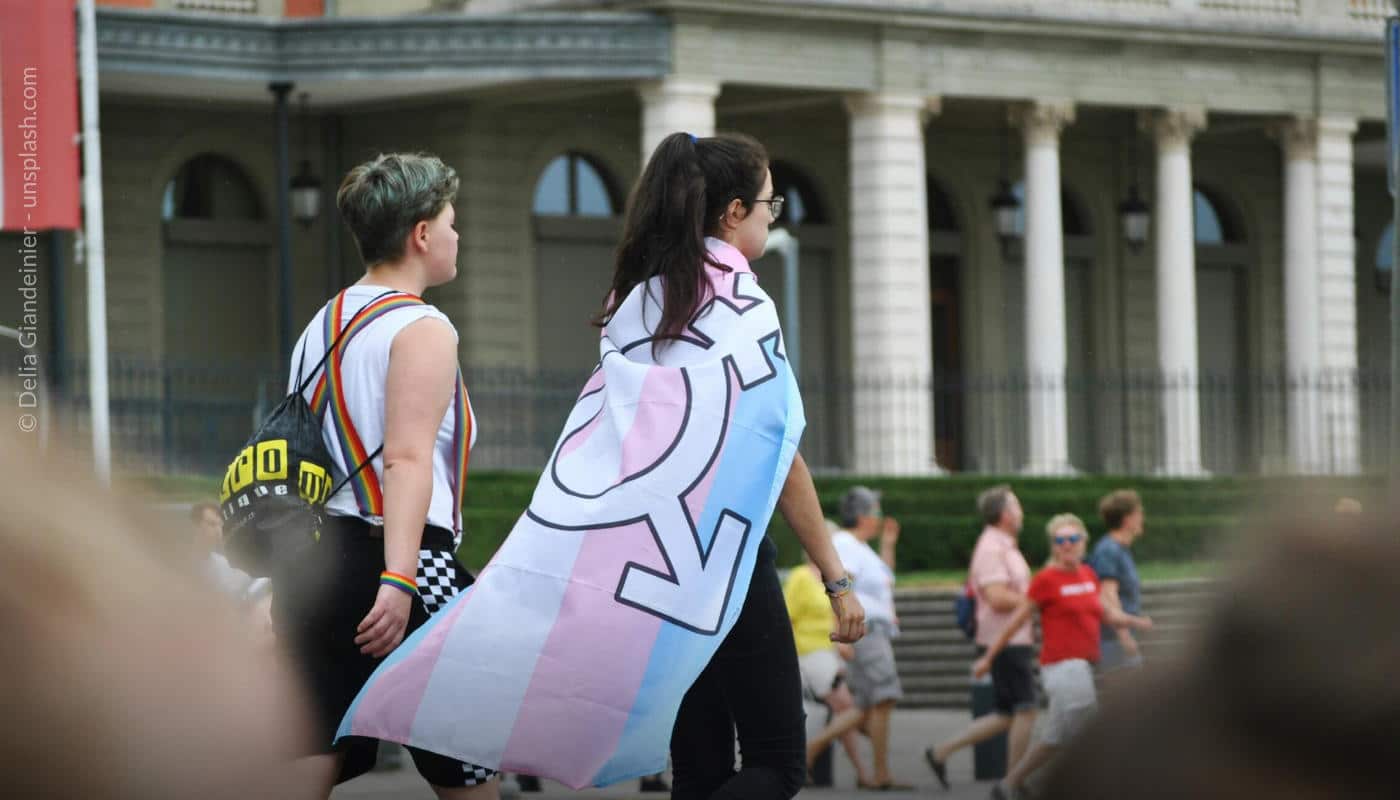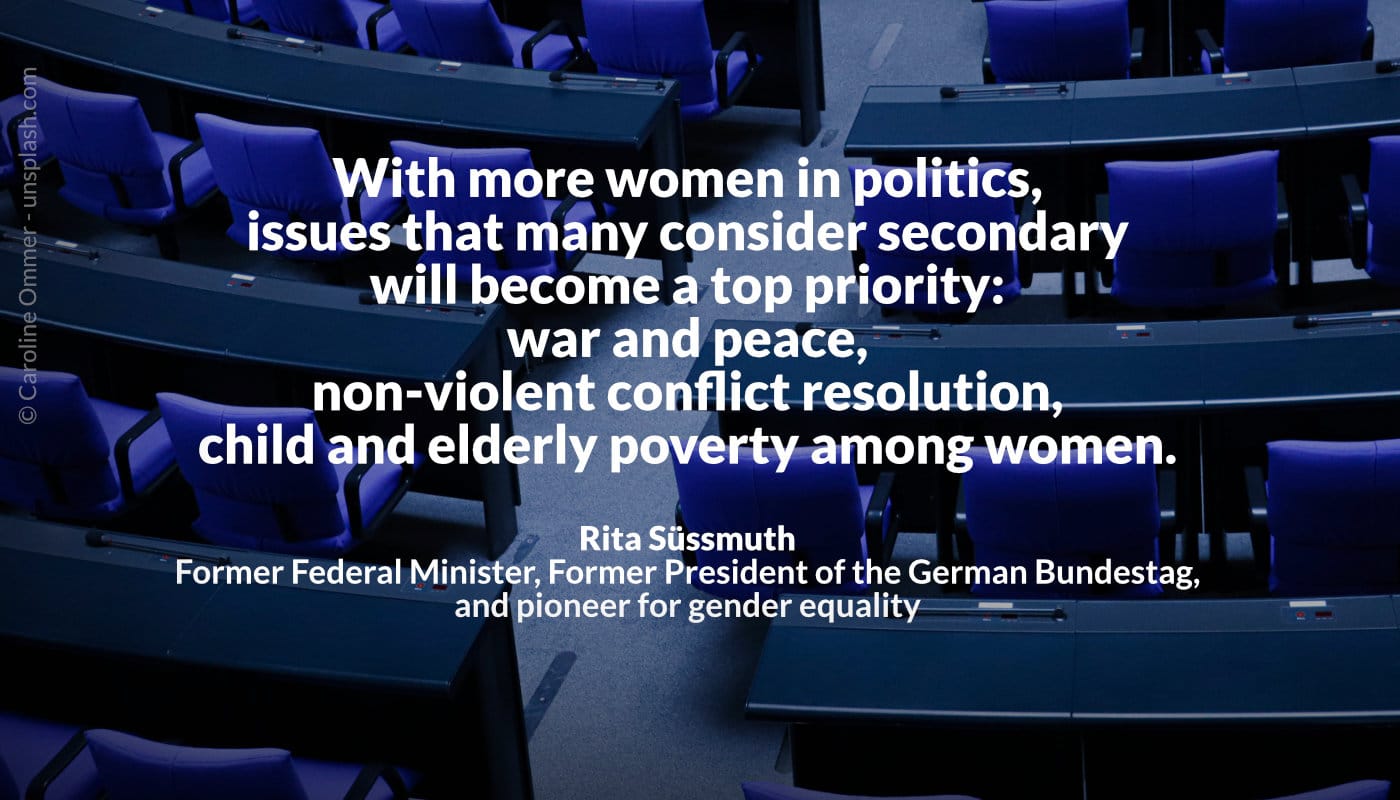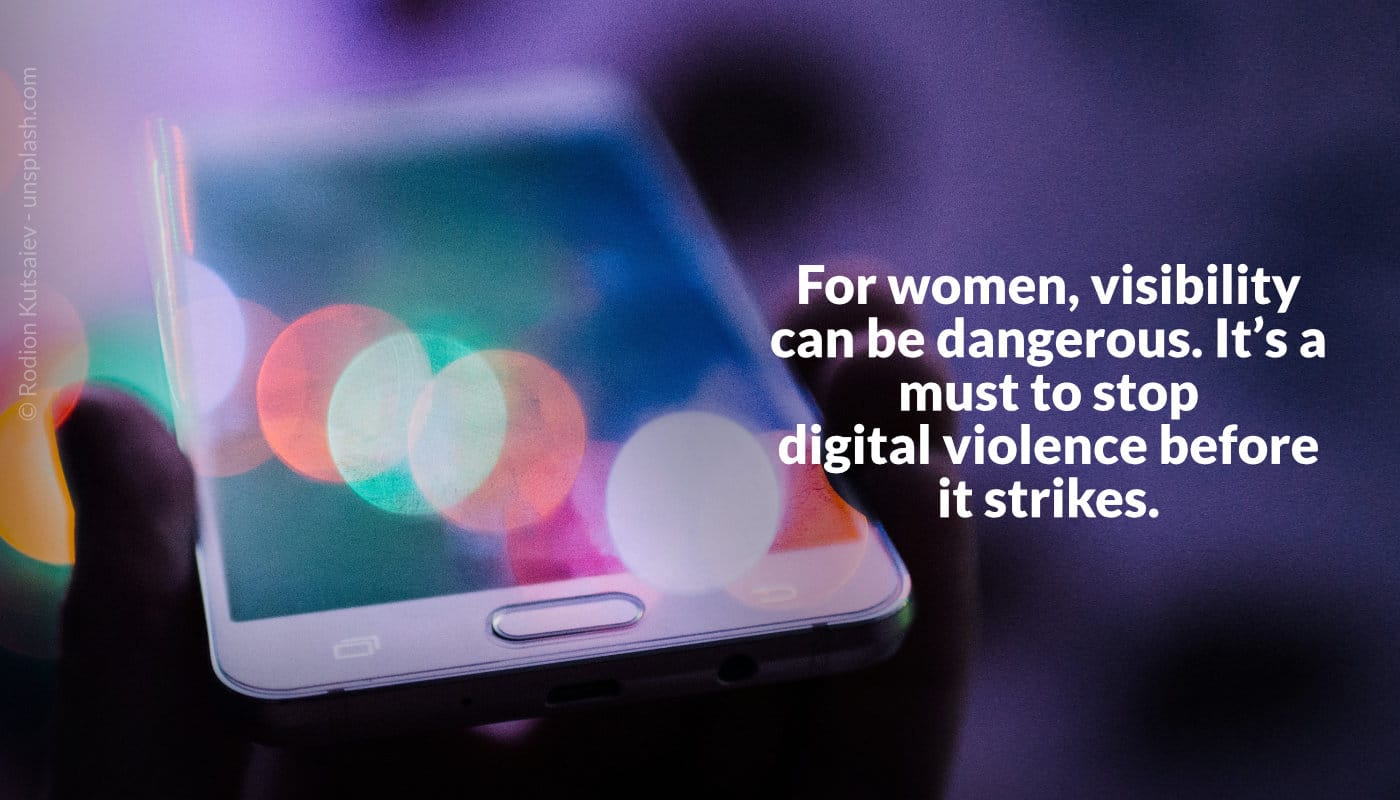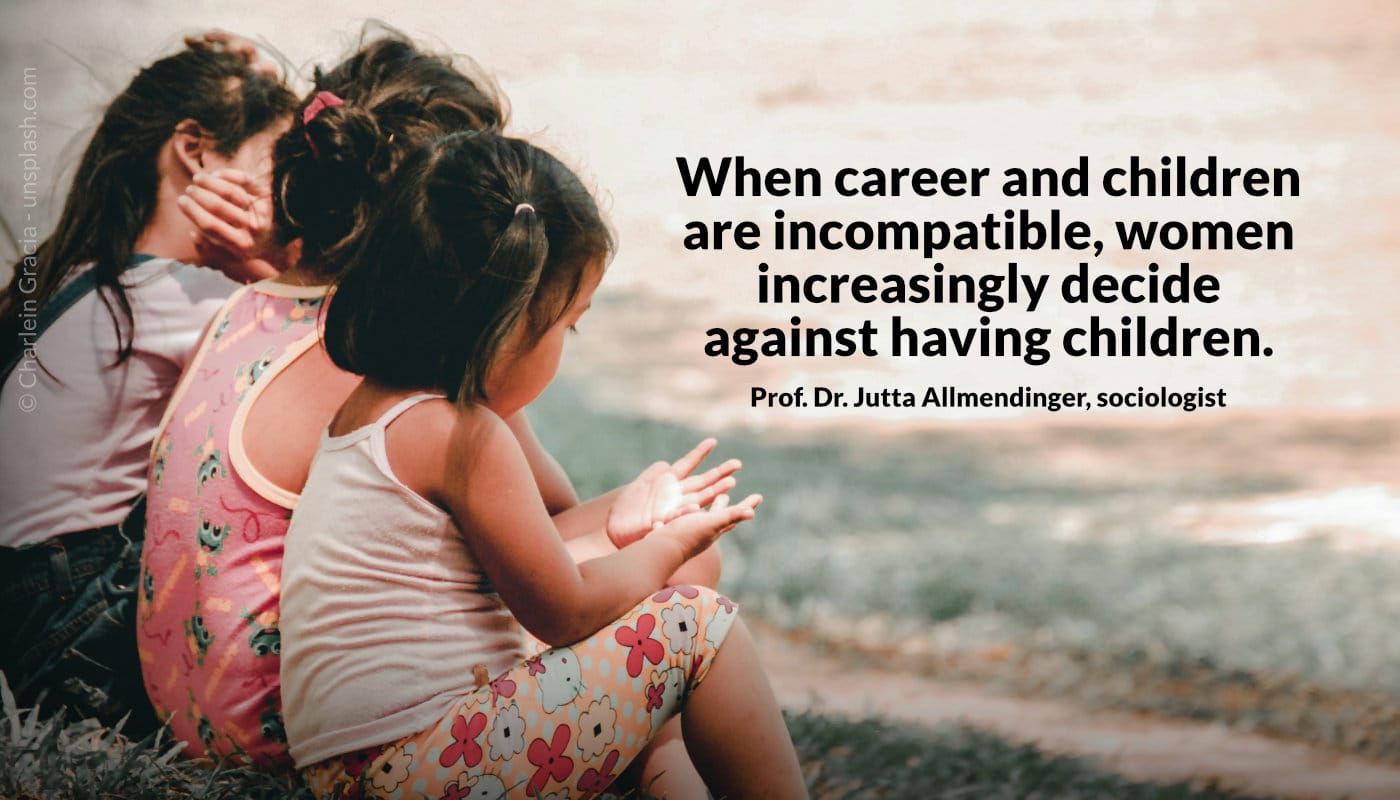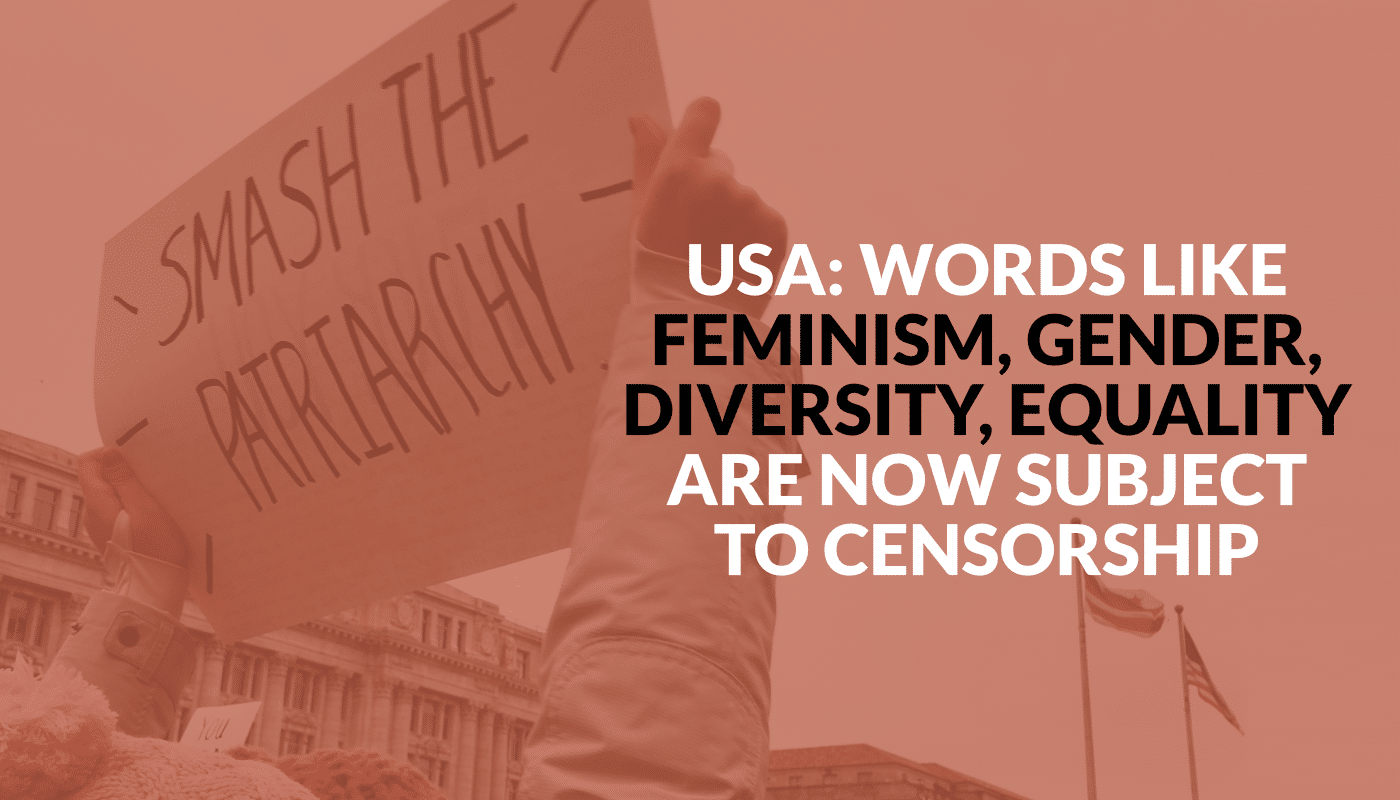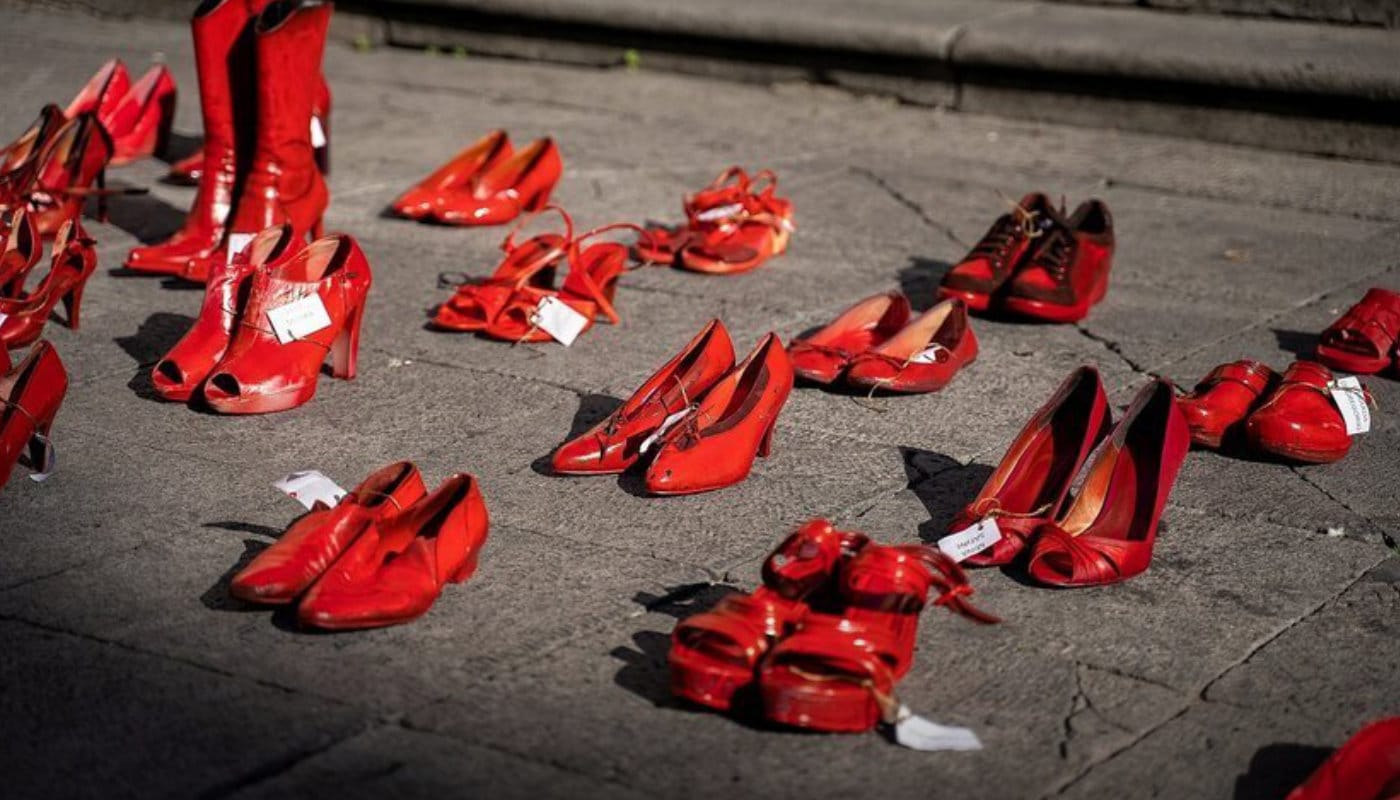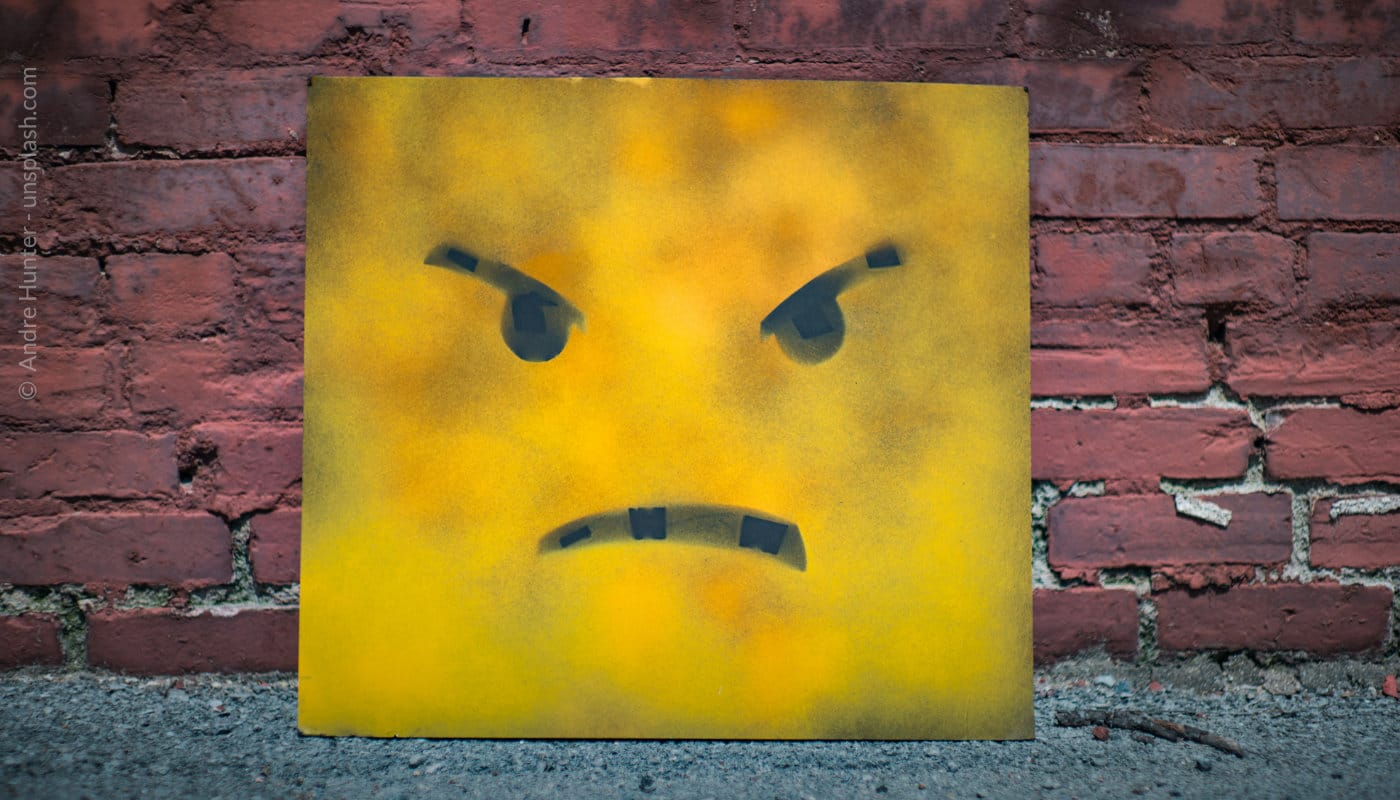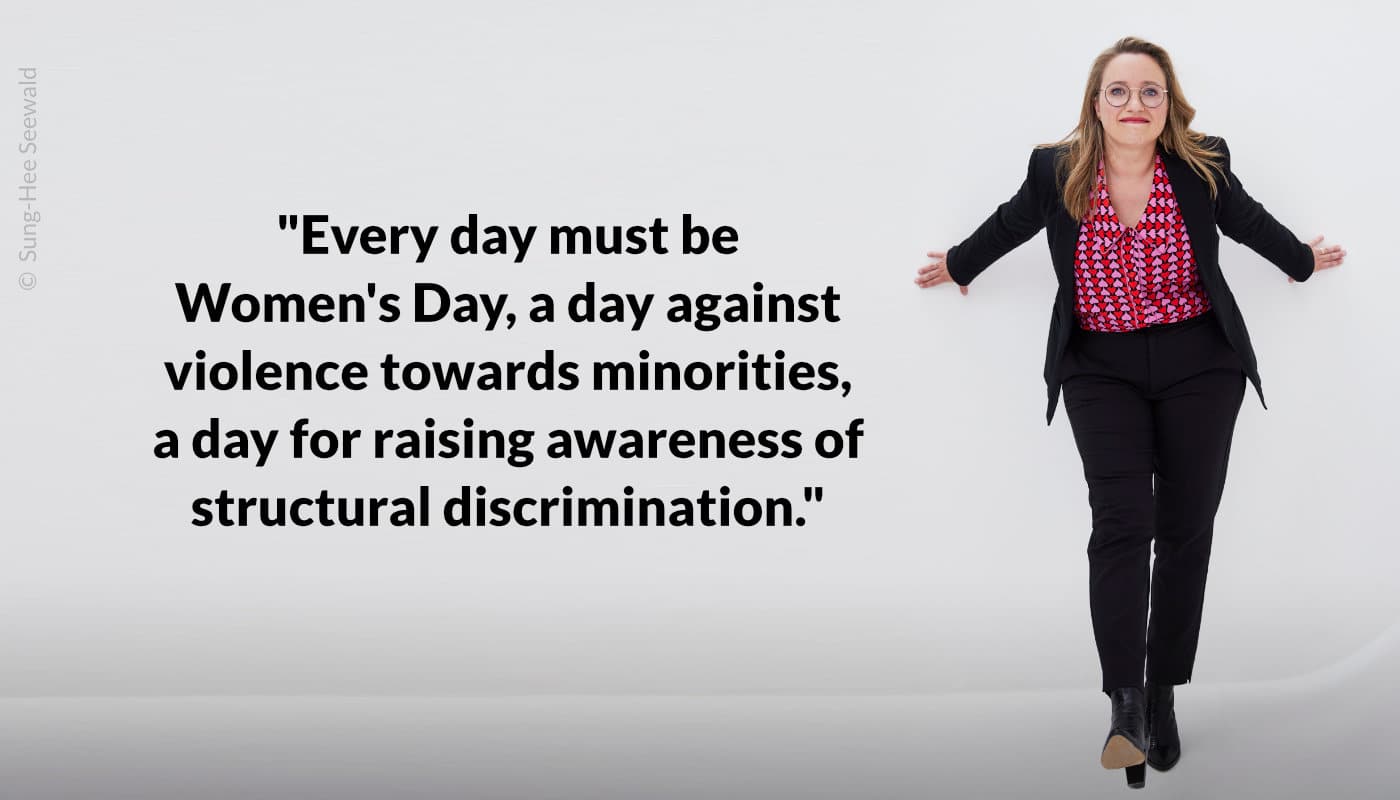“Small Progress and New Setbacks” in Gender Equality … … are identified by the market and opinion research institute Ipsos based on its latest study, conducted worldwide in the winter of 2023/24 in collaboration with the Global Institute for Women’s Leadership at King’s College London. (A representative sample of 24,269 people aged 16 to 74 from 31 countries were interviewed.)
In Germany, according to Ipsos, there are positive signs of an increasingly perceived gender equality. However, some study results are also surprising.
According to Ipsos, this development in Germany follows the global trend—similar numbers were found in other countries.
The survey conducted a year earlier (winter 2022/23) also produced the following results:

Posted by Natascha Hoffner, Founder & CEO of herCAREER, WiWo columnist, LinkedIn TOP Voice 2020, W&V 2019 – 100 Köpfe
published on LinkedIn on 08.05.2024
